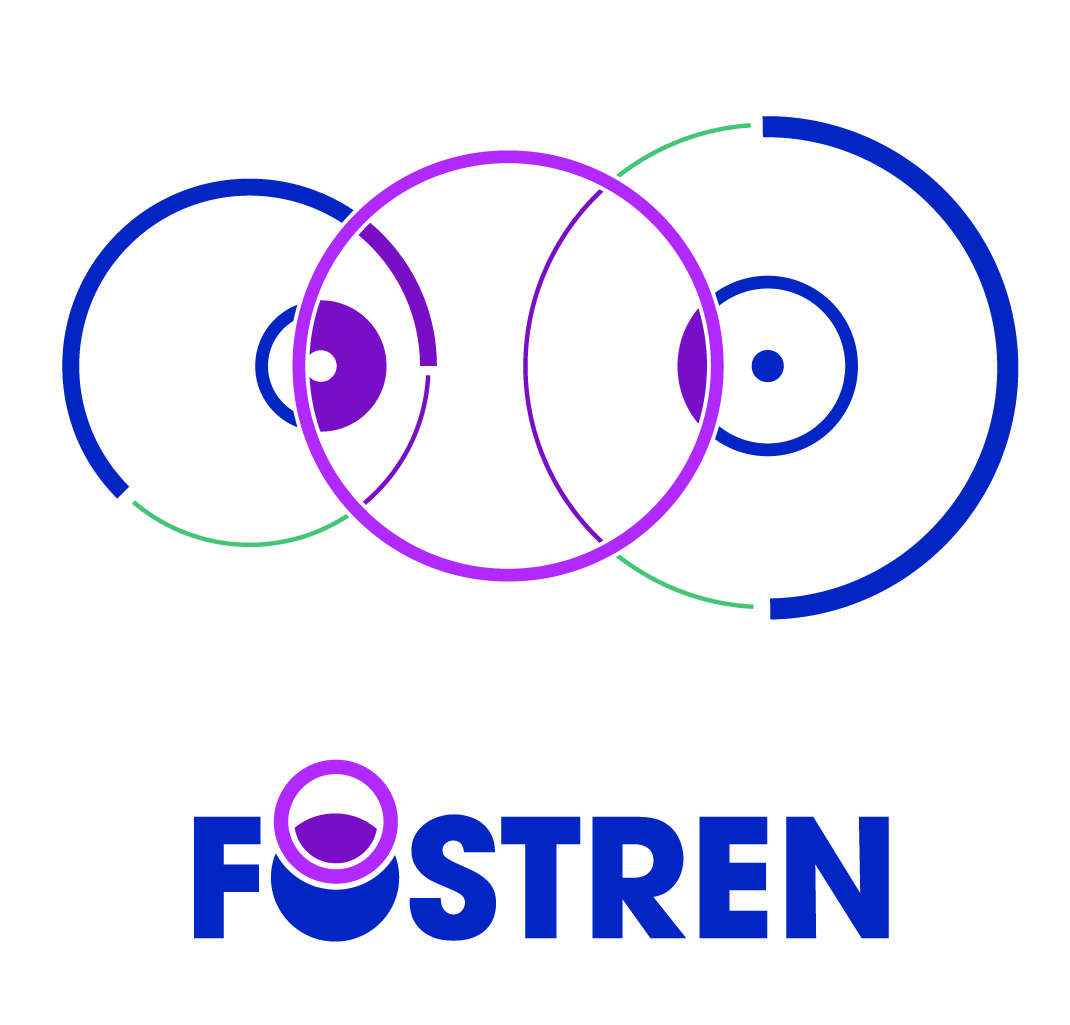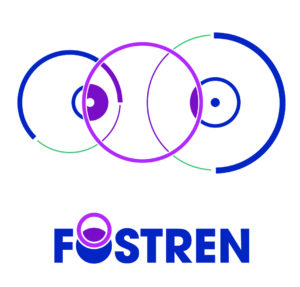WG1: Risk Factors for Coercion
Working Group 1 (WG1) will examine risk factors relating to coercion at both the macro and individual levels. The Action will therefore enable the systematic collection of information and comparison of clinical practice in this area and the social and legal context that may influence such practices. This will make it possible to compare risk assessment practices in different European countries and, where data are available, the variability of social factors (e.g. urbanicity) which might be relevant to decisions about risk management. With regard to macro-level factors, WG1 will collect evidence from the existing European literature on the association between social, structural and legal factors and coercion rates in hospitals and the community and examine 12 potential explanations for their variability. Depending on the quality of available research, this may involve systematic identification, analysis and meta-analytic aggregation of data from individual studies to enable robust conclusions to be drawn.
With regard to individual factors, WG1 will gather and disseminate information on violence prediction instruments such as the Brøset Violence Checklist (BVC) and coercion experience measures such as the MacArthur Admission Experience Survey, MacArthur Leverage Interview and Perceived Coercion Scale. The spread of these and other instruments will increase knowledge of contexts within which coercion is exercised and experienced and enhance standardisation in data collection across countries.
In addition to these activities and in line with Action Objective 5, WG1 will promote knowledge among practitioners and policy-makers about the reliability, validity and clinical utility of the various risk assessment tools, and what the various statistical research findings mean for everyday clinical practice. This will be achieved by producing a document containing an explanation of the most important statistical measures and methodological issues in judging risk management studies accompanied by ‘real-life’ examples as part of the consensus statement. WG1 will meet twice a year on average. Its members will identify suitable research or clinical staff to engage in three STSMs (one per year in Years 2-4, up to 12 weeks duration with 1 host each) during which academic and practice-based knowledge of coercion risk factors will be exchanged with partners beyond the originating institution. WG1 will also organise a Training School in Year 2 in which one member will host all Action participants and enable dialogue with experts in research methodology and/or clinical practice.

